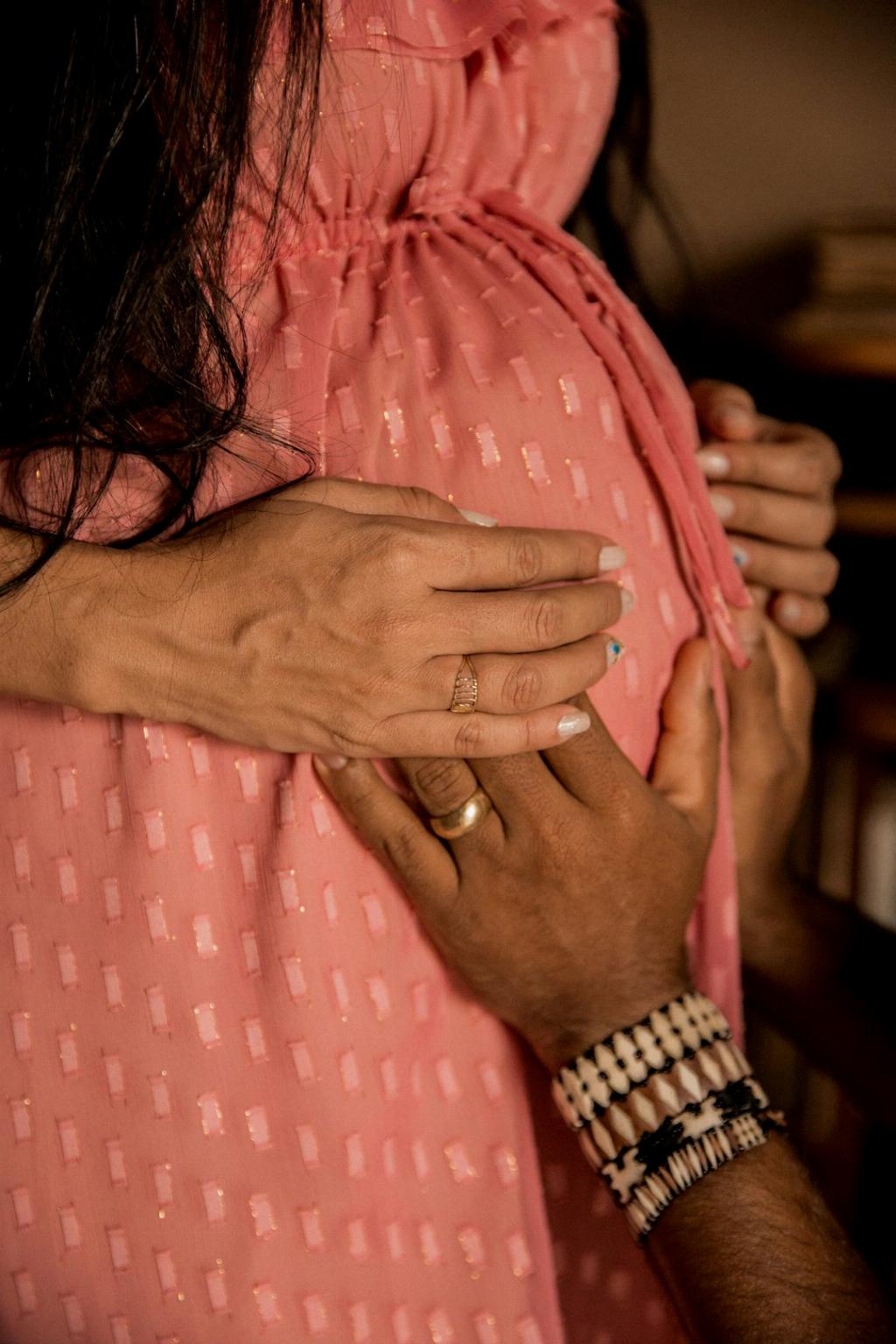Experiencing pain or discomfort in the groin area during pregnancy is a common occurrence for many women. One of the primary reasons behind this discomfort is round ligament pain. The round ligaments, which support the uterus, undergo stretching as the uterus grows throughout pregnancy. This stretching can lead to various symptoms, including pain that radiates from the groin to the hips or upper legs, as well as dull aches in the groin or on either side of the stomach.
The Role of Round Ligament Pain in Groin Discomfort
Round ligament pain is a natural and expected part of pregnancy, as the body adapts to accommodate the growing fetus. The discomfort experienced in the groin area is often described as sharp or stabbing, particularly when changing positions or with sudden movements. This type of pain usually occurs more frequently during the second trimester but can persist throughout pregnancy.
Common Triggers for Groin Pain During Pregnancy
Aside from the stretching of round ligaments, there are other factors that can contribute to groin pain during pregnancy. The added weight of the developing baby can put strain on pelvic muscles and ligaments, leading to discomfort in the groin area. Additionally, hormonal changes in the body can affect the flexibility of ligaments, making them more prone to strain and resulting in pain.
Alleviating Groin Discomfort During Pregnancy
While groin pain during pregnancy is often unavoidable, there are some strategies that can help alleviate discomfort. Engaging in gentle stretches and exercises that target the pelvic area can help strengthen muscles and reduce strain. Using pillows or cushions for support while sitting or lying down can also provide relief by reducing pressure on the pelvis.
When to Seek Medical Attention
Although groin pain during pregnancy is typically normal, there are instances where it may indicate a more serious issue. If the pain is severe and persistent, accompanied by other symptoms such as fever or vaginal bleeding, it is important to consult with a healthcare provider. They can assess the situation and provide appropriate guidance and treatment if needed.
Importance of Proper Prenatal Care
Regular prenatal check-ups are essential during pregnancy to monitor both the mother’s and baby’s health. Discussing any discomfort or pain with a healthcare provider allows for proper assessment and management of symptoms. Open communication with healthcare professionals can help ensure a smooth and healthy pregnancy journey.
Embracing Changes in the Body
It is important for expectant mothers to understand that the body undergoes significant changes during pregnancy to support the growing baby. Embracing these changes, including the occasional discomfort in the groin area, is part of the journey to welcoming a new life into the world. Taking care of oneself and seeking support when needed can make the experience more manageable.
Connecting with Other Expectant Mothers
Sharing experiences and insights with other pregnant women can be a valuable source of support. Joining prenatal groups or online forums allows for connecting with others who may be experiencing similar symptoms. Building a community of support can provide comfort and reassurance throughout the ups and downs of pregnancy.
Practicing Self-Care and Relaxation Techniques
Engaging in self-care practices, such as prenatal massages or warm baths, can help ease tension in the body and alleviate groin pain. Relaxation techniques, such as deep breathing exercises or meditation, can also promote a sense of calmness and reduce stress levels, contributing to overall well-being during pregnancy.
Preparing for the Arrival of the Baby
While experiencing groin pain during pregnancy may be uncomfortable, it is a reminder of the body’s incredible ability to nurture and sustain new life. Taking the time to prepare for the baby’s arrival, both physically and emotionally, can help expectant parents feel more confident and ready for the next chapter in their lives. Embracing the challenges and joys of pregnancy is all part of the journey toward parenthood.
Conclusion
Groin pain during pregnancy is a common occurrence due to the stretching of round ligaments and other factors related to the body’s adaptation to pregnancy. Understanding the causes of groin discomfort and implementing strategies to manage pain can help expectant mothers navigate this phase with greater ease. By prioritizing self-care, seeking medical guidance when necessary, and connecting with a supportive community, women can embrace the changes in their bodies and prepare for the exciting journey of welcoming a new baby into their lives.

